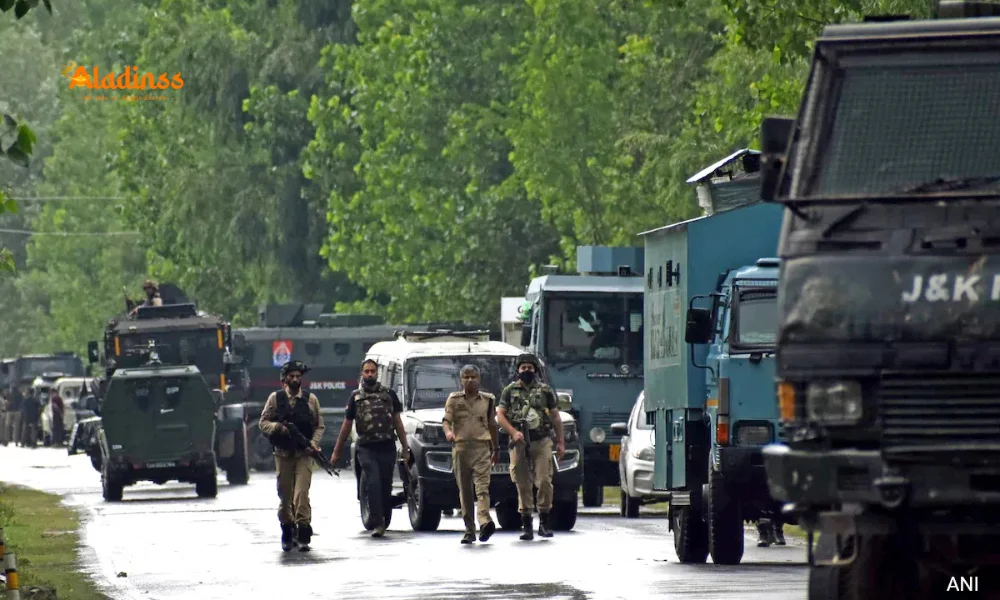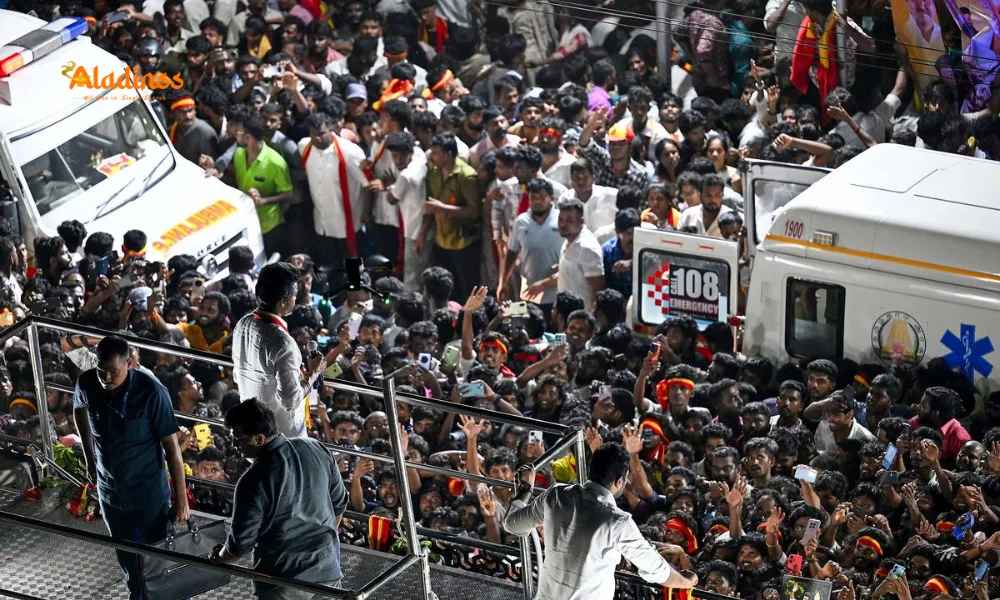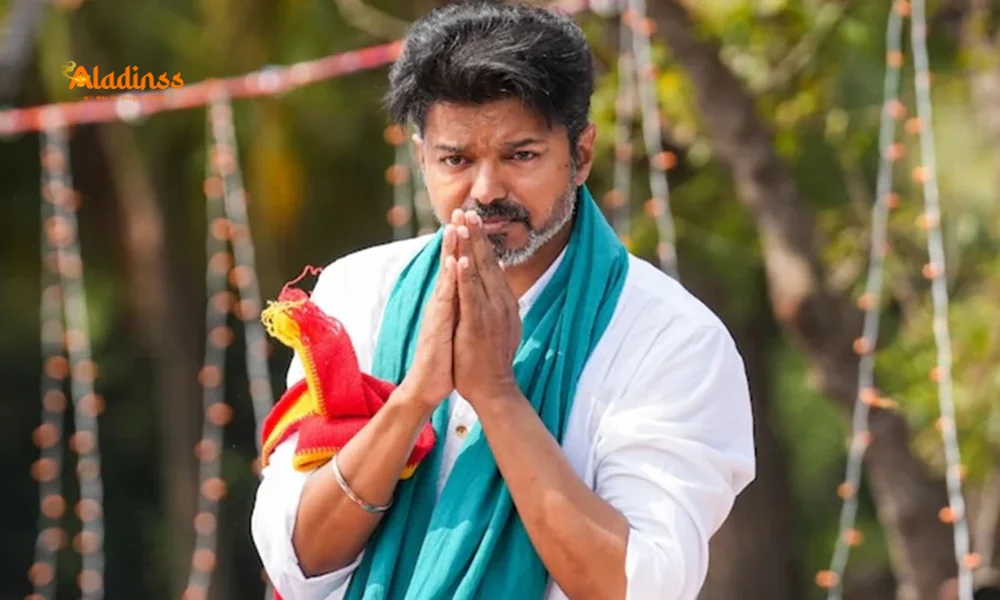Awkward Sharif-Trump Moment at Gaza Summit
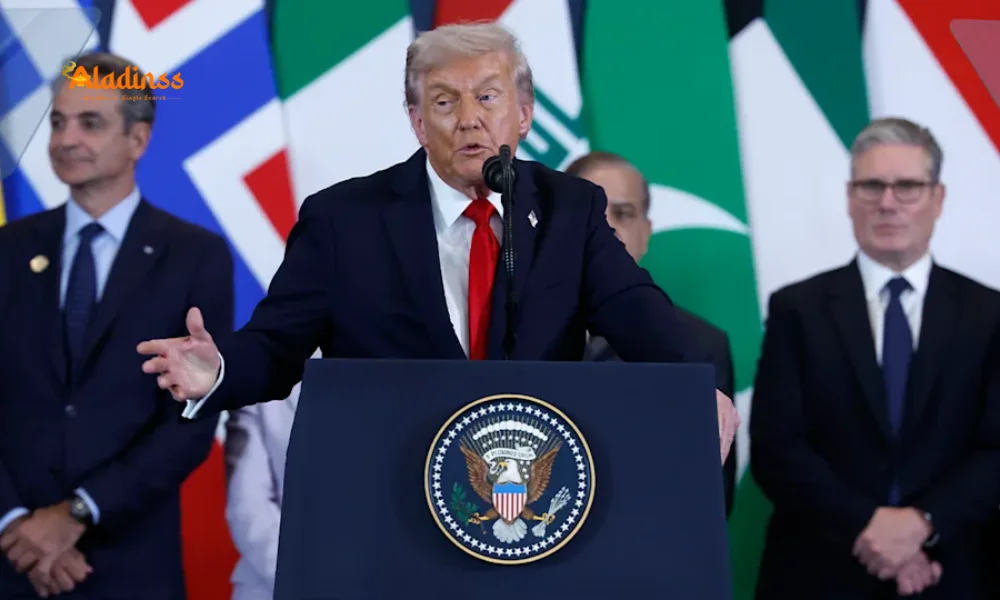
Awkward Exchange at Gaza Peace Summit: Sharif's Praise for Trump Meets Uneasy Smile
During the high-stakes Gaza Peace Summit in Egypt, Pakistan Prime Minister Shehbaz Sharif delivered effusive accolades to U.S. President Donald Trump, only for the moment to sour into an uncomfortable spotlight. Trump, turning with a grin, posed a direct question about India and Pakistan coexisting harmoniously, leaving Sharif with a strained smile that quickly went viral. This awkward Sharif Trump exchange unfolded amid global leaders, highlighting the fragile undercurrents of South Asian diplomacy and Middle East peace efforts.
The Sharm el-Sheikh gathering, focused on post-conflict strategies for Gaza, saw Trump pivot from Sharif's nomination of him for the Nobel Peace Prize to a lighthearted yet pointed remark. "Prime Minister Sharif of Pakistan, and also, I have to say, my favourite field marshal from Pakistan, who’s not here," Trump quipped, referencing Army Chief Asim Munir, prompting visible discomfort from Sharif standing just behind him. The comment, implying Munir's greater influence, amplified the unease as Trump continued, expecting the absent general's "regards."
Moments later, Trump's praise for Narendra Modi as a "very good friend" who has excelled in leadership led to the pivotal query: "I think that Pakistan and India are gonna live very nicely together, right?" Sharif's uneasy grin, captured on camera, encapsulated the tension in India Pakistan relations, a topic ever-sensitive given historical conflicts and recent escalations.
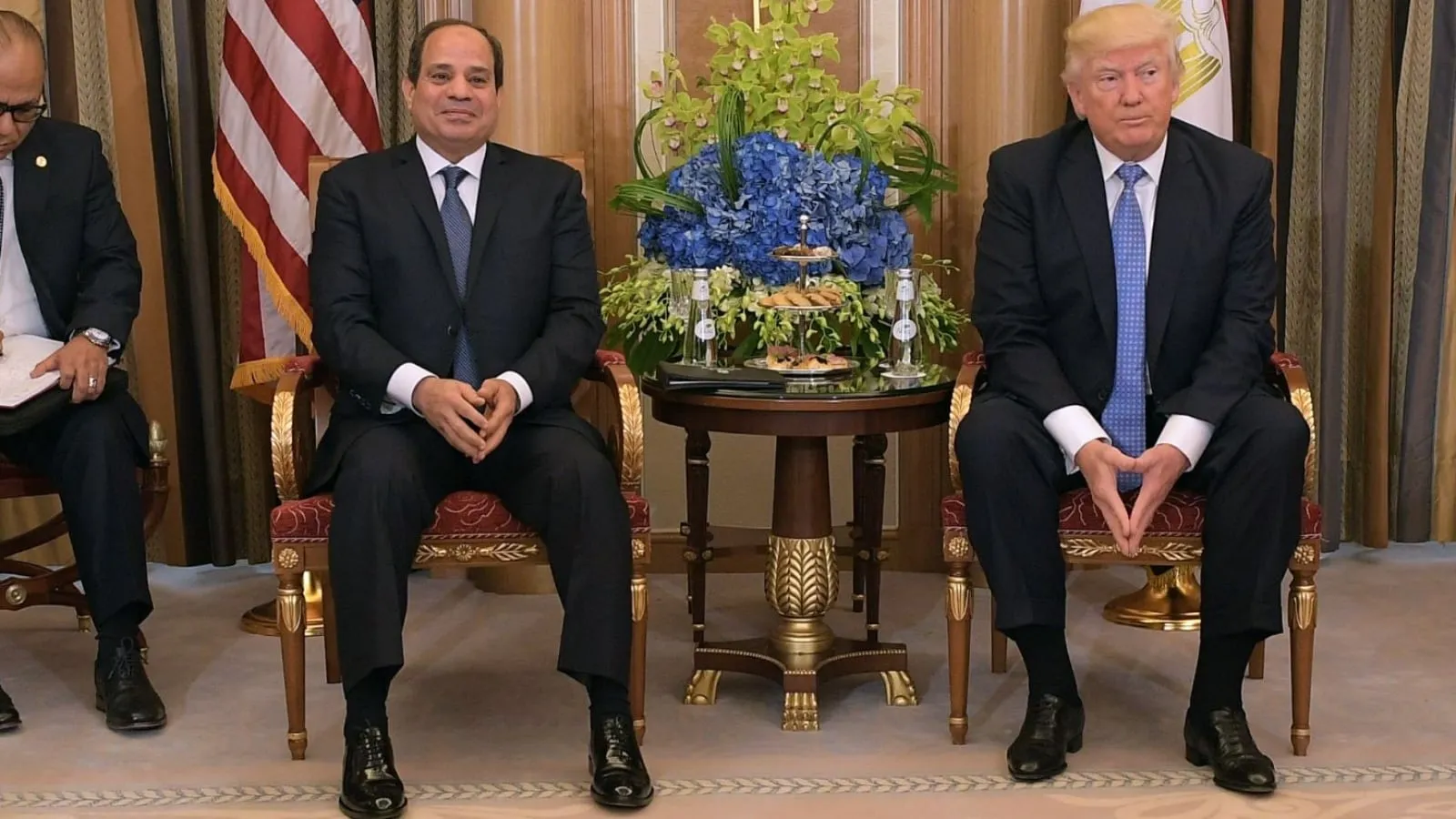
Sharif's Lavish Tribute and Trump's Nobel Renomination
Earlier in the proceedings, Sharif had lauded Trump's diplomatic prowess, crediting him with averting catastrophe during a brief India-Pakistan skirmish earlier in the year. "Had it not been for this gentleman, who knows... the war could have escalated," Sharif stated, renominating Trump for the Nobel Peace Prize and underscoring his role in saving lives across South Asia and the Middle East. This Sharif Nobel nomination echoed previous gestures, positioning Trump as a peacemaker amid ongoing Gaza ceasefire deal negotiations.
The praise drew mixed reactions, including a notable side-eye from Italian Prime Minister Giorgia Meloni, whose Meloni reaction Trump quickly became a social media meme. Observers noted her subtle amusement during Sharif's speech, adding a layer of levity to the otherwise solemn Egypt summit discussions on regional peace Gaza initiatives.
Trump, basking in the endorsement, responded by affirming Sharif and Modi as "great leaders," yet the invocation of Asim Munir as his "favourite field marshal" lingered as a subtle jab at Pakistan's power dynamics. This moment, blending humor and hierarchy, resonated widely, fueling debates on Pakistan Army Chief summit absences and their implications for bilateral ties.
Also Read: Trump Praises Modi at Egypt Peace Summit
Social Media Buzz: Kanwal Sibal's Sharp Critique
The viral clip of Sharif's uncomfortable smile sparked a flurry of commentary, with former Indian Foreign Secretary and JNU Chancellor Kanwal Sibal weighing in on X. "With this kind of burlesque comedy involving Pakistan at Trump’s urging, it is all the more reason Modi did not go to Sharm el-Sheikh," Sibal posted, decrying Sharif's "unctuous worst" and "servility." He argued that Modi's absence preserved India's dignity, avoiding "brownie points" through obsequiousness like Sharif's.
Sibal's Post Resonates Online
Sibal's Sibal X post highlighted Trump's perceived slight: "He clearly implied that in his eyes Munir was more important than Sharif." The thread exploded with reactions, from users quipping "Take some cold water" to others gushing over "the expressions of Giorgia Meloni." This outpouring reflected broader sentiments on Modi Trump friend dynamics and the optics of Pakistan servility Trump interactions.
- Sibal's critique on maintaining dignity amid diplomatic theatrics.
- Viral memes featuring Meloni's amused glance at Sharif's praise.
- Debates on Trump's favoritism toward Munir over civilian leadership.
- Calls for India to prioritize self-reliance in global forums.
Sibal's words underscored why India opted for lower-level representation at the summit, avoiding the spotlight of such awkward moments. His analysis framed the event as a "comedy" that could undermine serious Middle East peace endeavors.
Broader Implications for Diplomacy
The exchange amplified discussions on U.S. influence in India Pakistan relations, with Trump's offhand remark on living "nicely together" stirring hopes and skepticism alike. Analysts noted it as a nod to de-escalation, yet the Munir mention reinforced perceptions of military sway in Pakistani politics.
Gaza Ceasefire Milestone: Hostages Freed Amid Summit Talks
Parallel to the diplomatic drama, Monday marked a breakthrough in the two-year Israel-Hamas conflict. Hamas freed the last 20 living Israeli hostages, transferred via the Red Cross Gaza channels to Israeli custody. In reciprocity, Israel released busloads of Palestinian detainees, as Trump proclaimed the war's end, reshaping the Middle East landscape.
At Tel Aviv's Hostage Square, thousands erupted in cheers, hugs, and tears upon the Israeli military hostages confirmation of safe arrival. The Red Cross transfer Gaza operation, hailed for its neutrality, symbolized a fragile trust amid the Gaza ceasefire deal.
- 20 surviving Hamas hostages reunited with families after prolonged ordeal.
- Hundreds of Palestinian detainees returned, easing immediate tensions.
- Trump's declaration signals potential for Gaza Strip future reconstruction.
- Absence of Hamas and Israel from the summit underscores ongoing hurdles.
The summit, attended by Muslim European leaders Egypt hosts, delved into Gaza Strip future governance and regional peace Gaza pathways. With Hamas Israel absent, focus shifted to frameworks for stability, humanitarian aid, and demilitarization.
Navigating Tensions: From Sharif's Discomfort to Global Hopes
As the awkward moment Trump Sharif clip circulated, it contrasted sharply with the summit's substantive goals. Trump's Trump India Pakistan together vision, while optimistic, recalled past interventions like the May flare-up, where his claimed role in de-escalation remains contested by New Delhi.
Sharif's praise, though fulsome, highlighted Pakistan's strategic alignment with U.S. policies, from counter-terrorism to economic aid. Yet, the Munir more important Sharif undertone fueled speculation on internal power shifts, echoing long-standing critiques of civilian-military balances.
For India, the India absent Sharm el-Sheikh choice, as Sibal noted, preserved autonomy. Modi's rapport with Trump, built on defense and trade pillars, allows engagement on India's terms, sidestepping the performative elements seen in Sharif's display.
The Giorgia Meloni awkward reaction added a human touch, her bemused expression mirroring global viewers' mix of amusement and concern. Social media amplified these nuances, turning diplomacy into digestible discourse.
Looking ahead, the Gaza ceasefire deal's success hinges on implementation—releasing remains, rebuilding infrastructure, and fostering dialogues. Trump's mediation, bolstered by Sharif's Trump Nobel nomination Sharif gesture, could extend to South Asia, though trust-building remains paramount.
In Tel Aviv, jubilation at Hostage Square underscored the human stakes, with families' relief a beacon amid geopolitical gamesmanship. As leaders depart Sharm el-Sheikh, the Sharif uncomfortable smile serves as a reminder: behind every quip lies the weight of history and hope for harmony.
Expanding on the ceasefire's ripple effects, experts anticipate economic infusions for Gaza, with international pledges targeting reconstruction. For South Asia, Trump's comments may prompt quiet channels for dialogue, mitigating nuclear risks highlighted by Sharif.
Sibal's burlesque comedy label captures the summit's lighter side, yet underscores the need for substantive over spectacle. As Modi brownie points Trump dynamics evolve, India's steady course contrasts Pakistan's overtures, shaping a multipolar region's trajectory.
The Red Cross's role in the hostage transfer reaffirms neutral actors' value, while Palestinian detainees' release eases prison overcrowding strains. Overall, the event blends triumph and tension, with Sharif's moment a footnote in a narrative of tentative progress.
Ultimately, from Hamas free hostages joy to diplomatic discomfort, the Gaza Peace Summit encapsulates global interdependence. As Trump declare war end echoes, the path to enduring peace demands bridging divides, one uneasy smile at a time.
Comment / Reply From
No comments yet. Be the first to comment!


